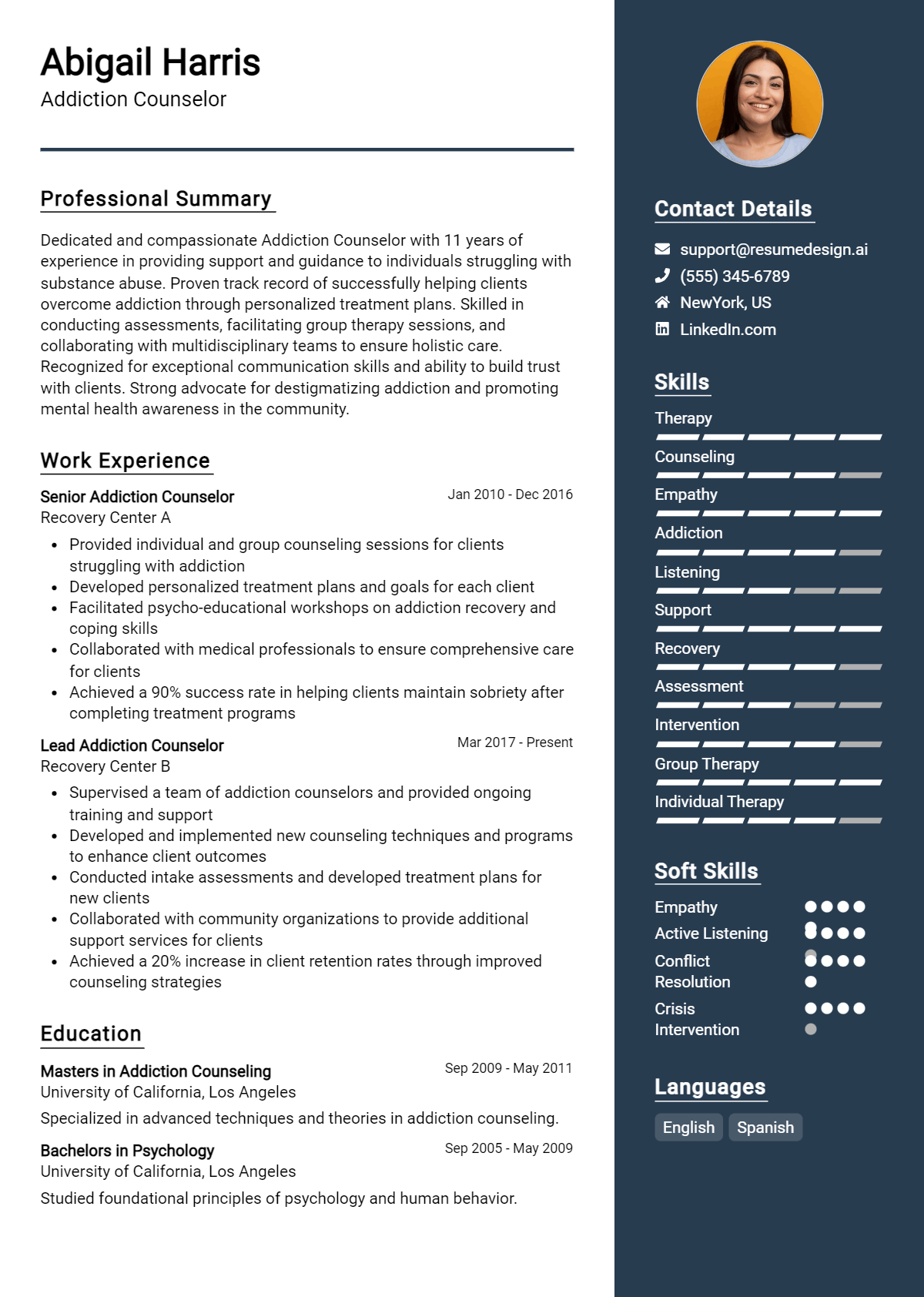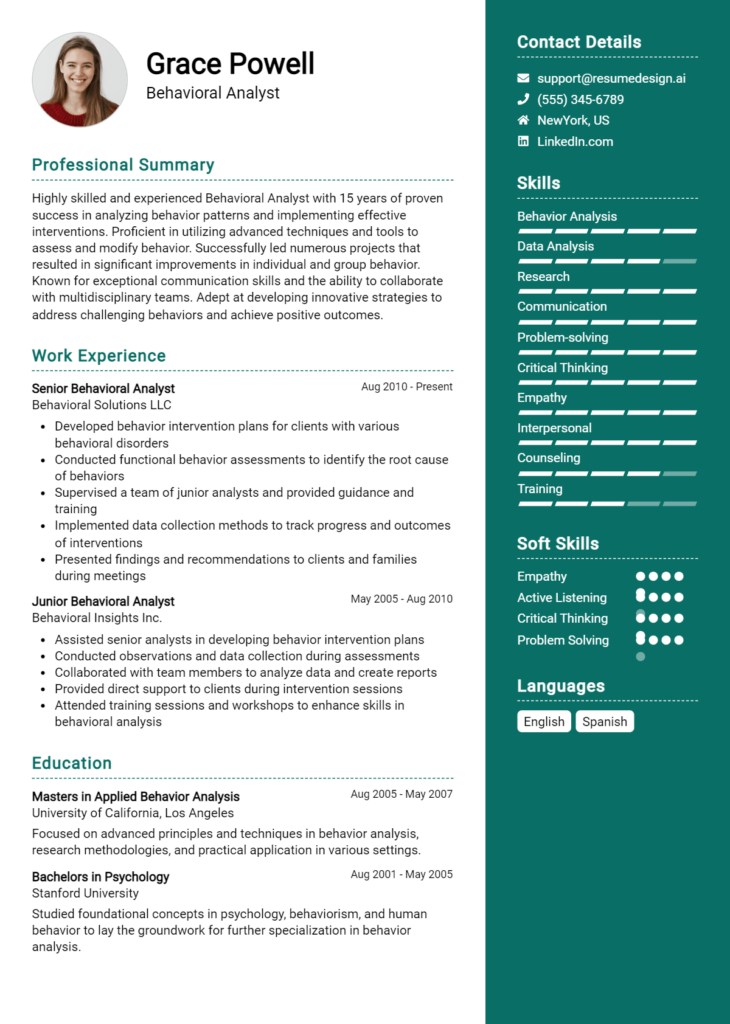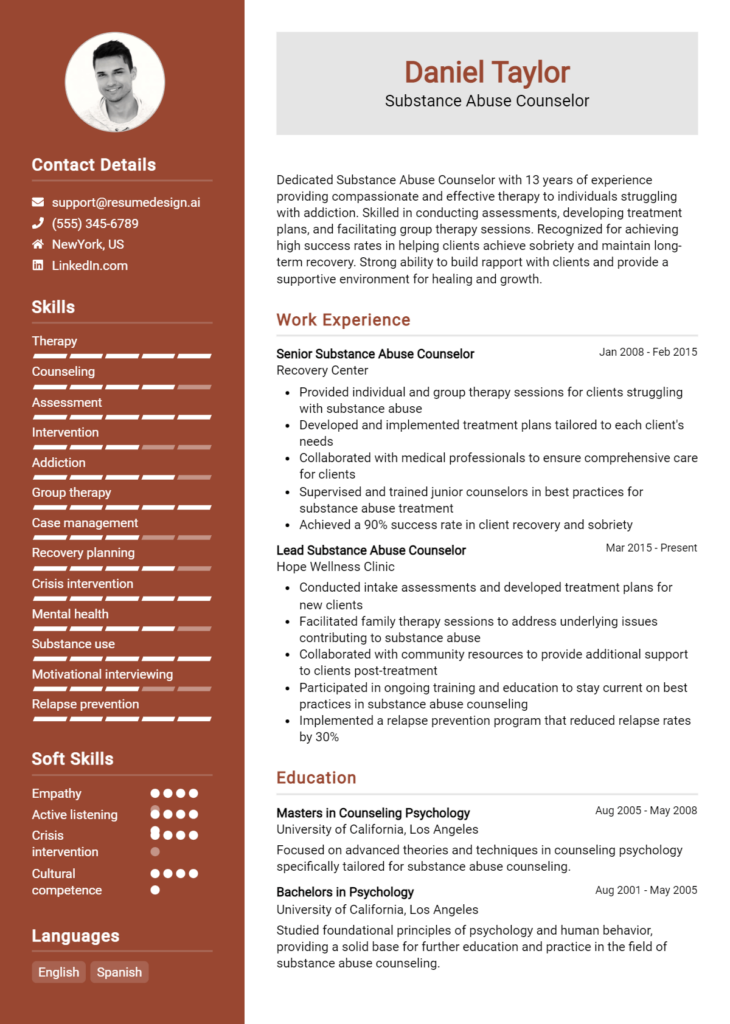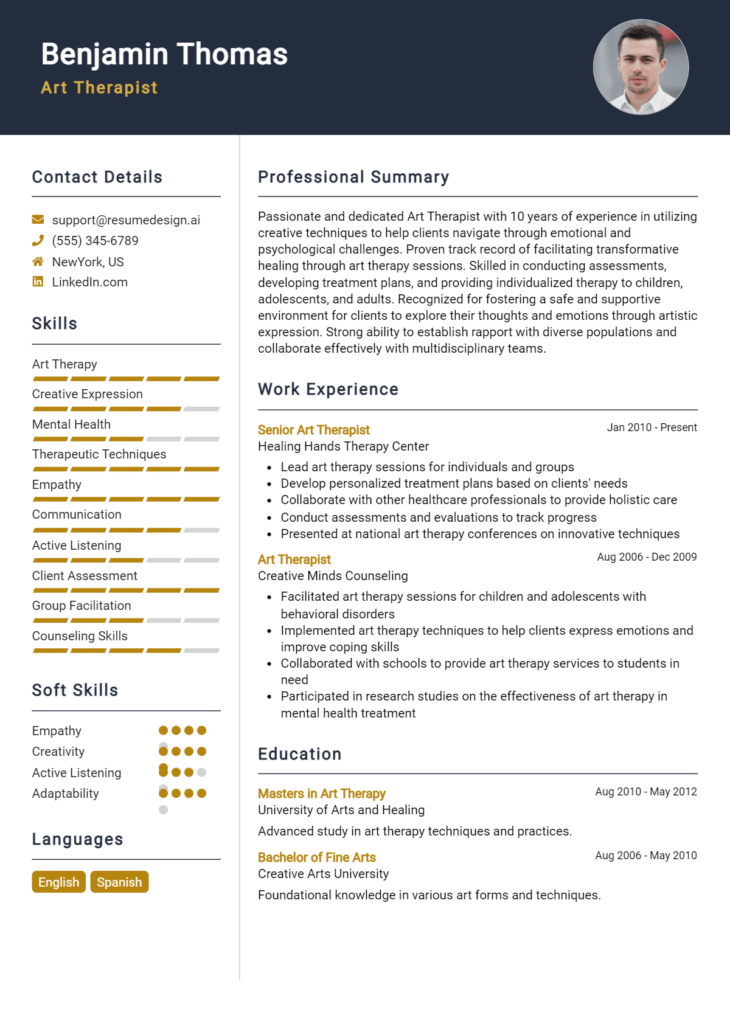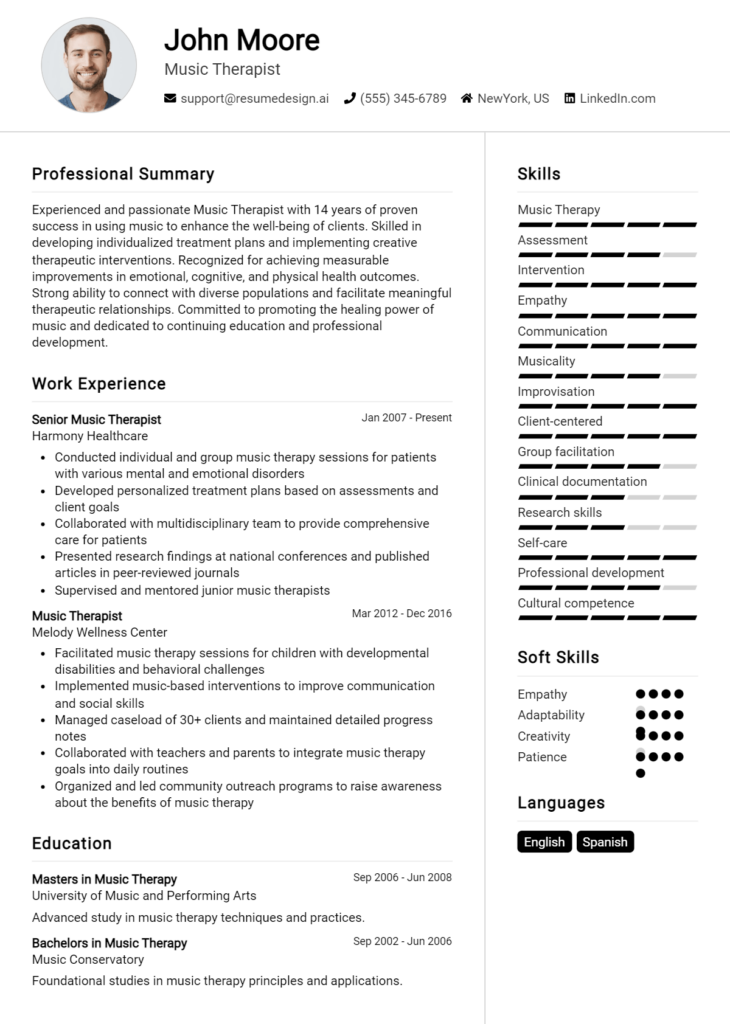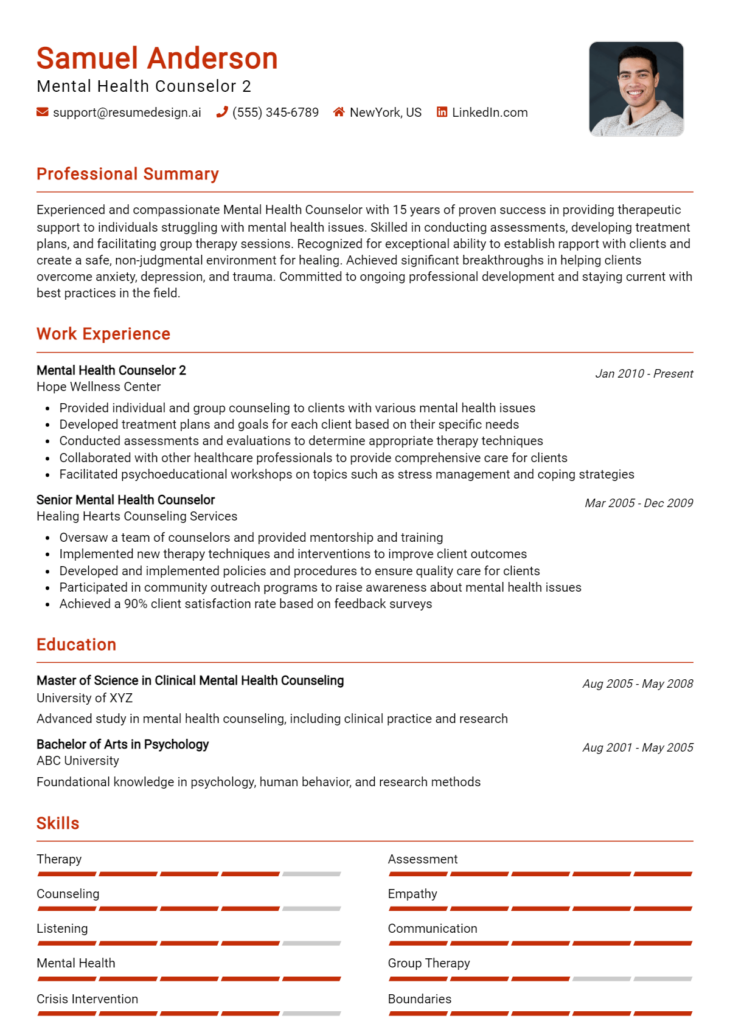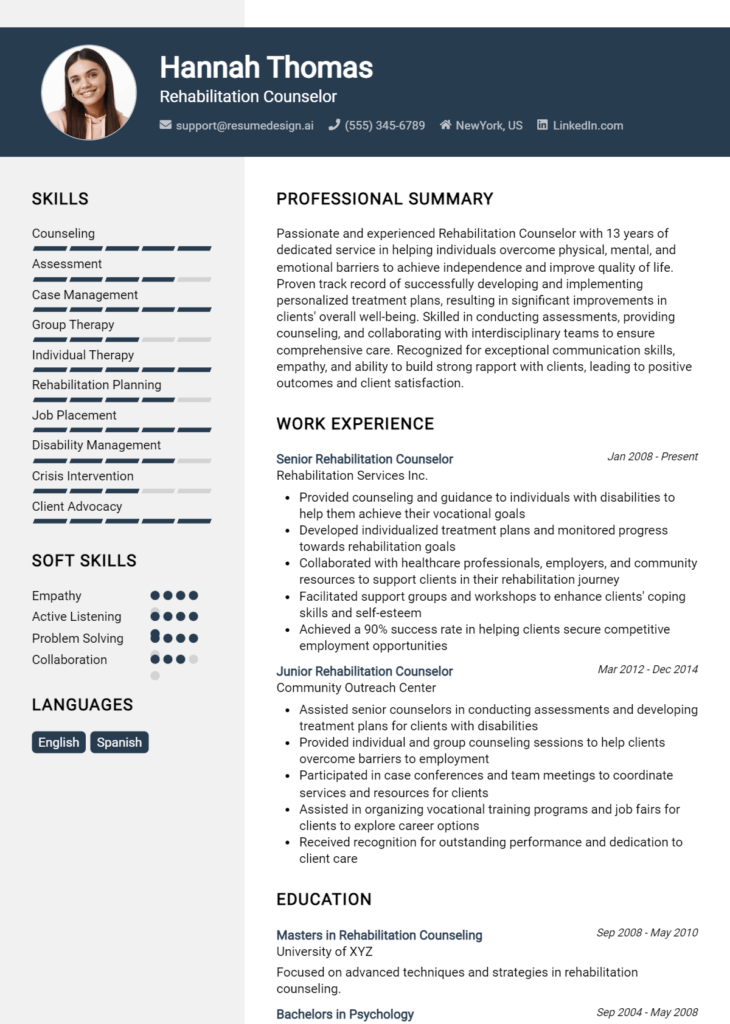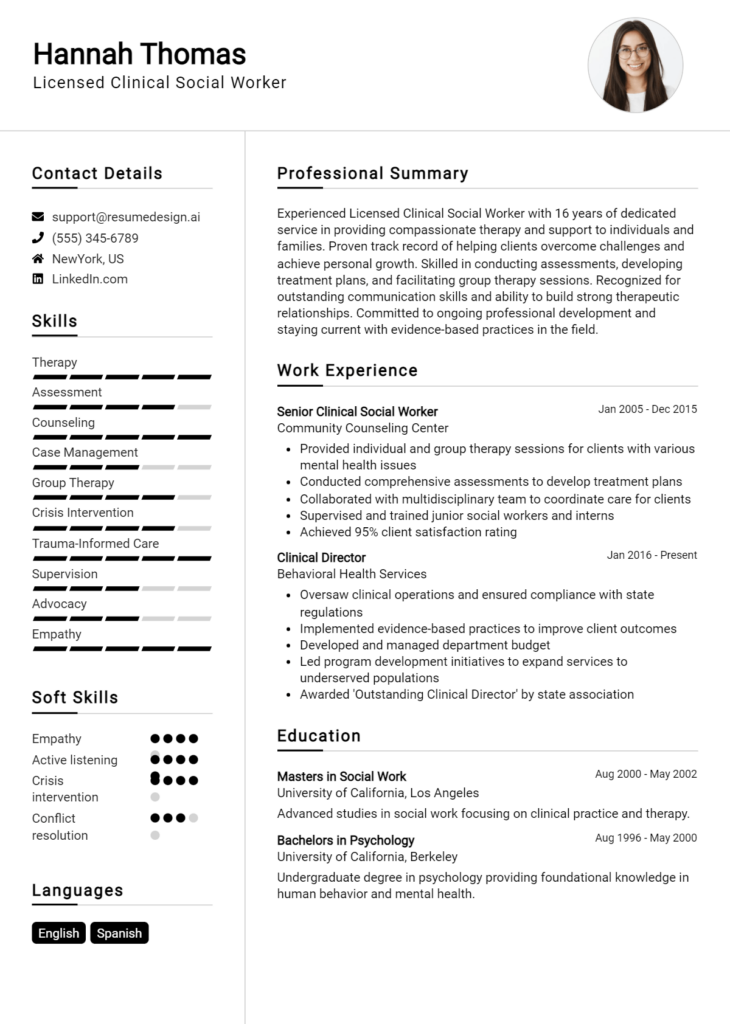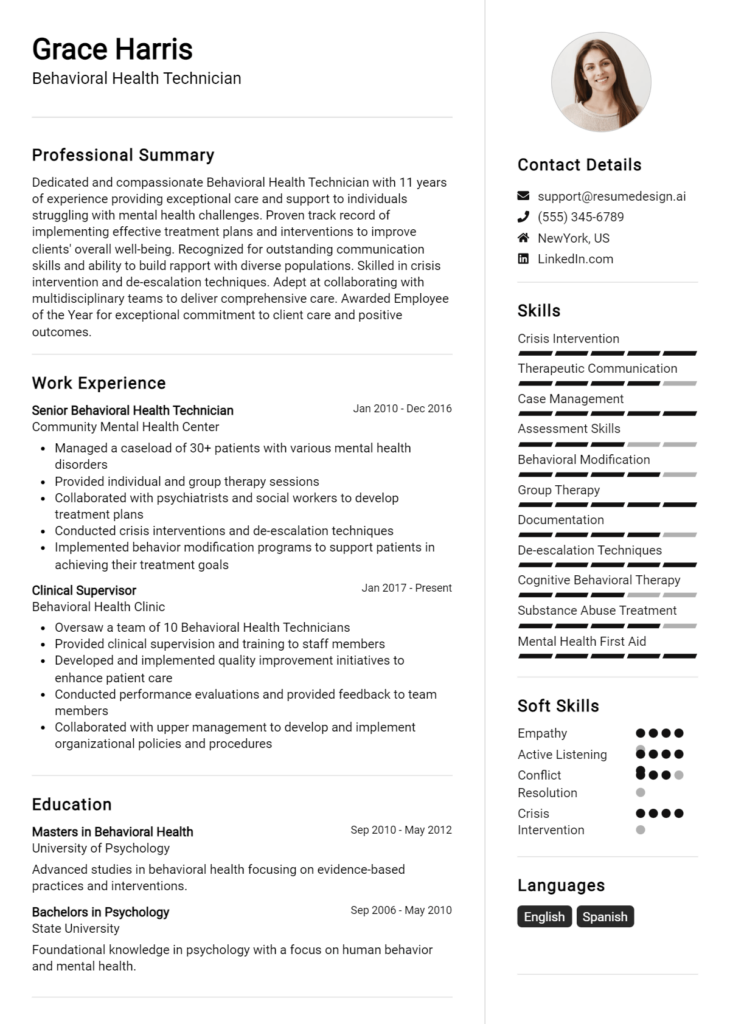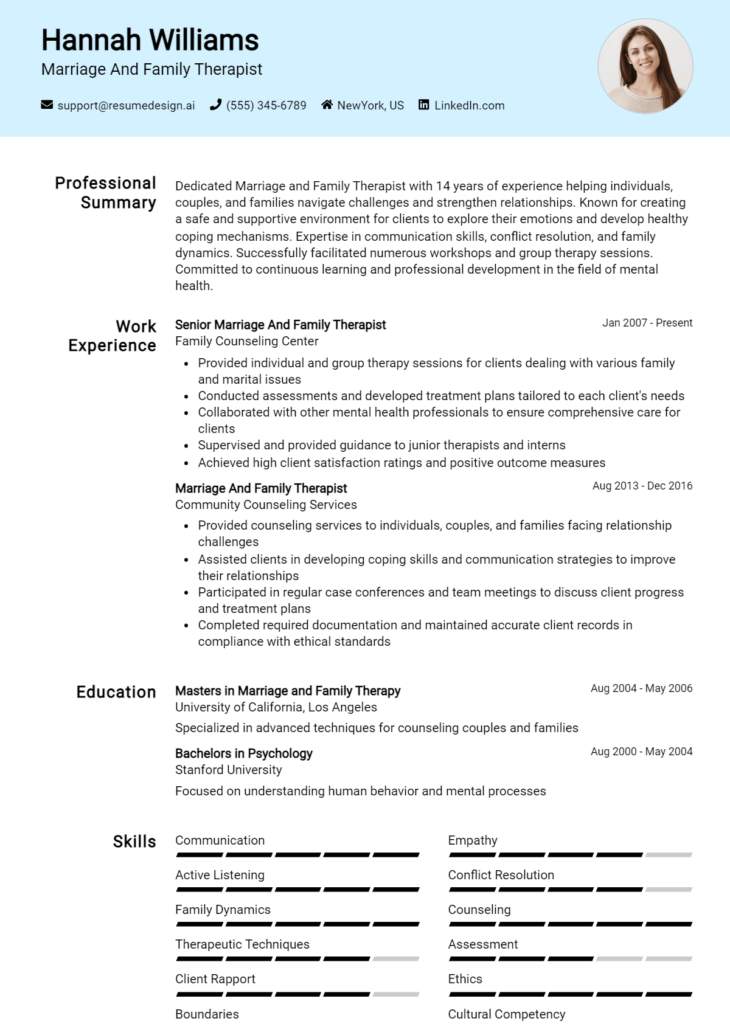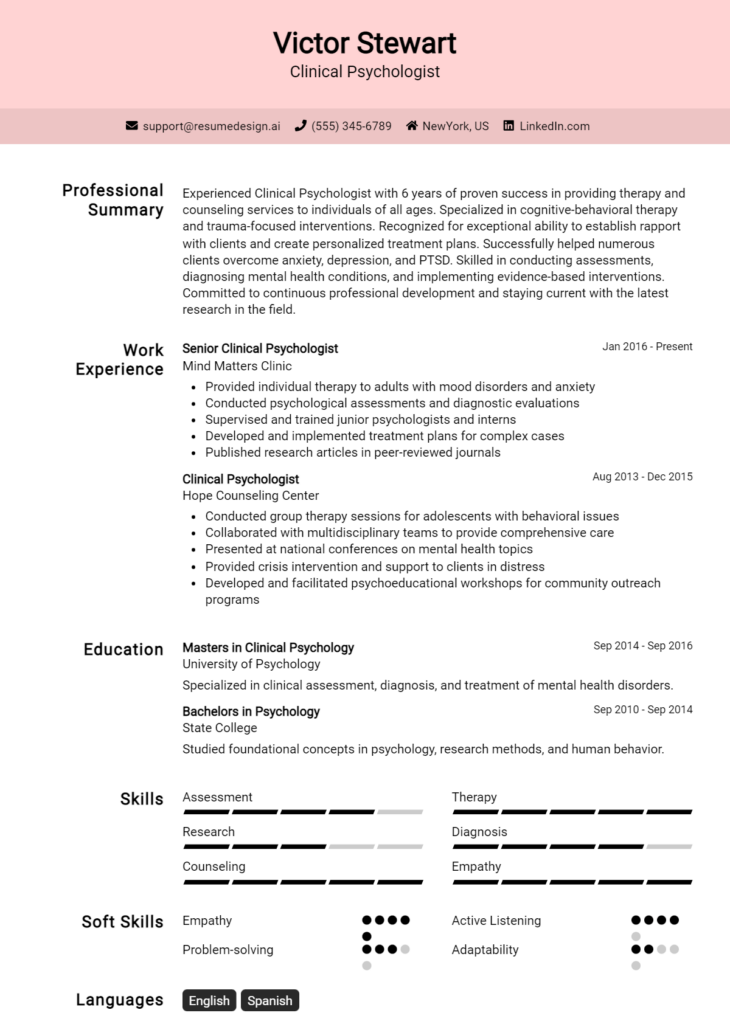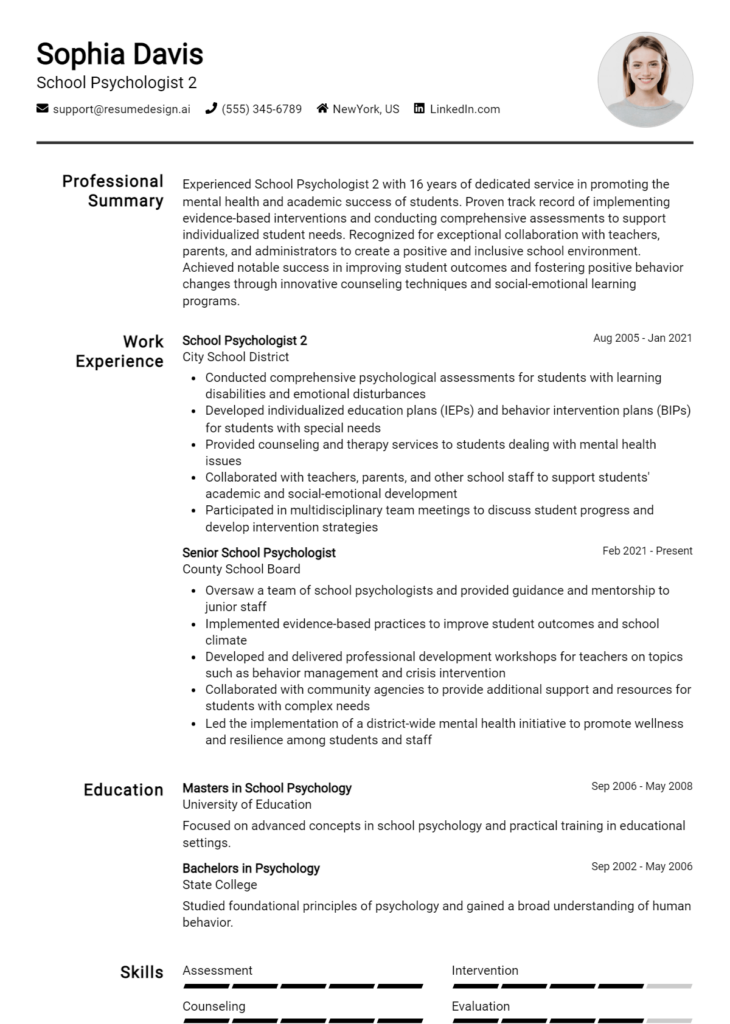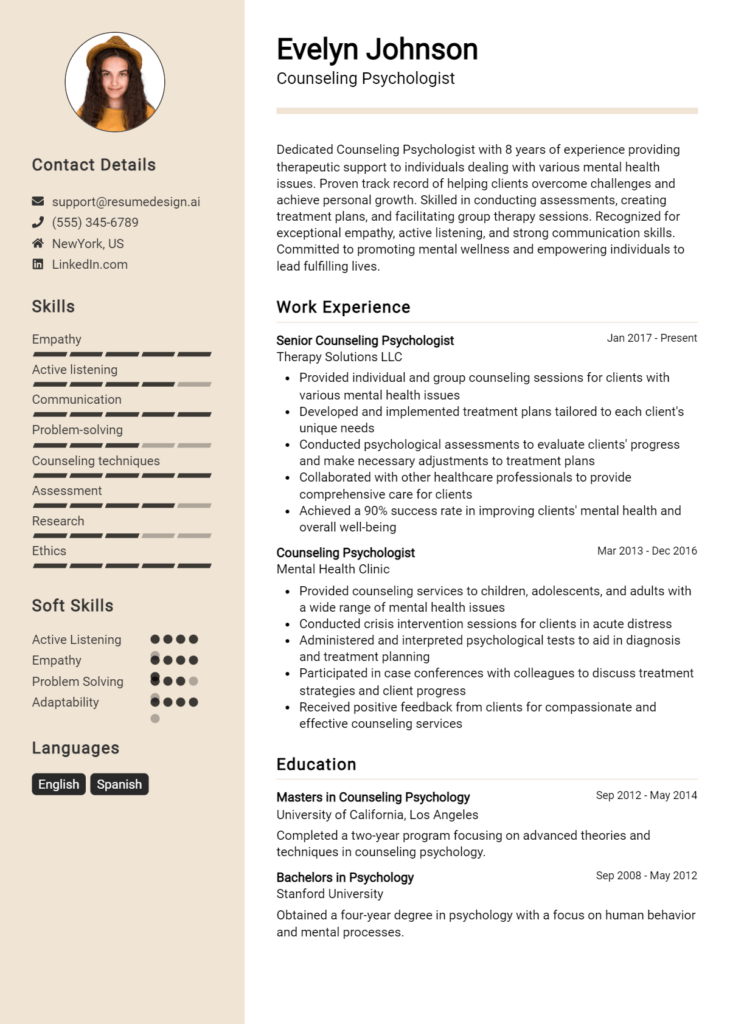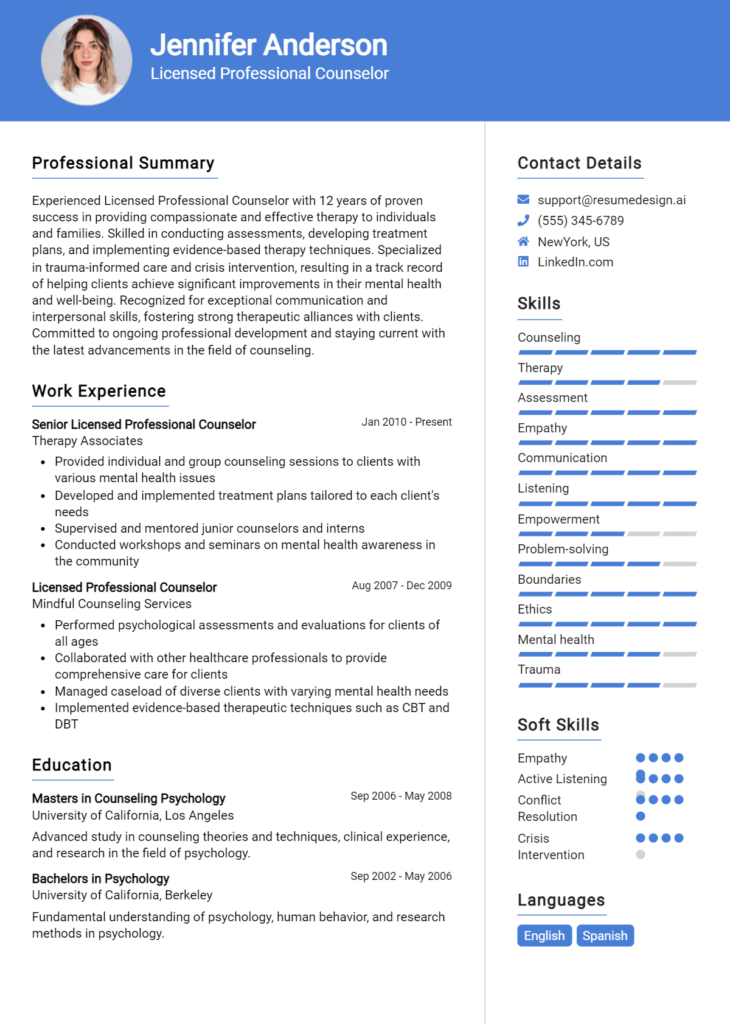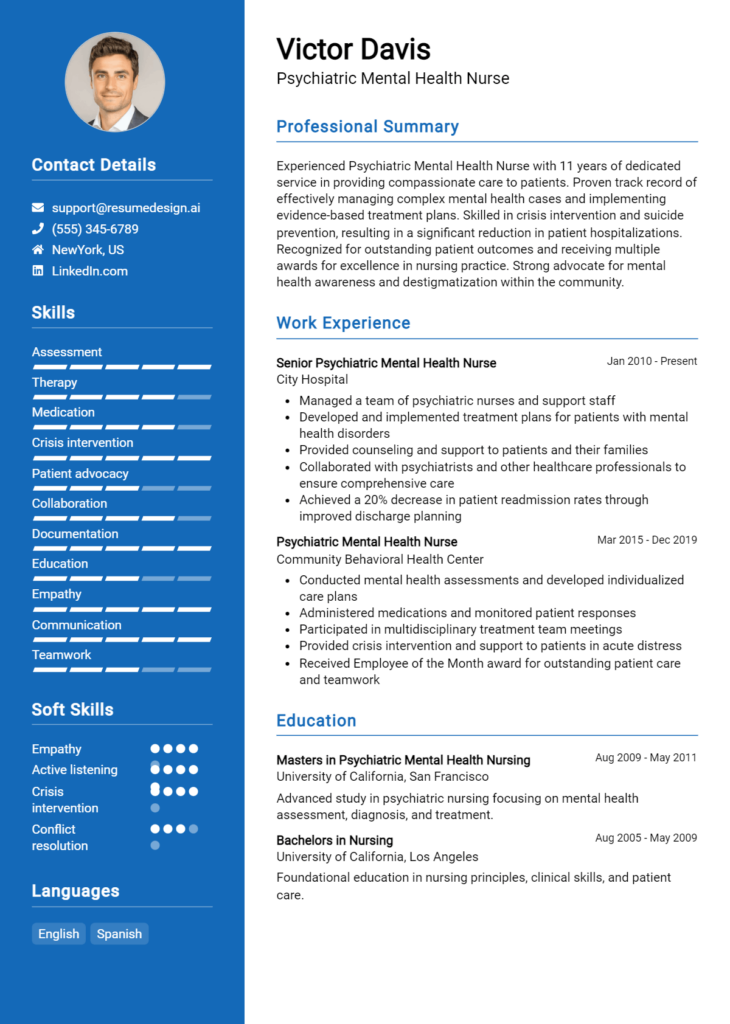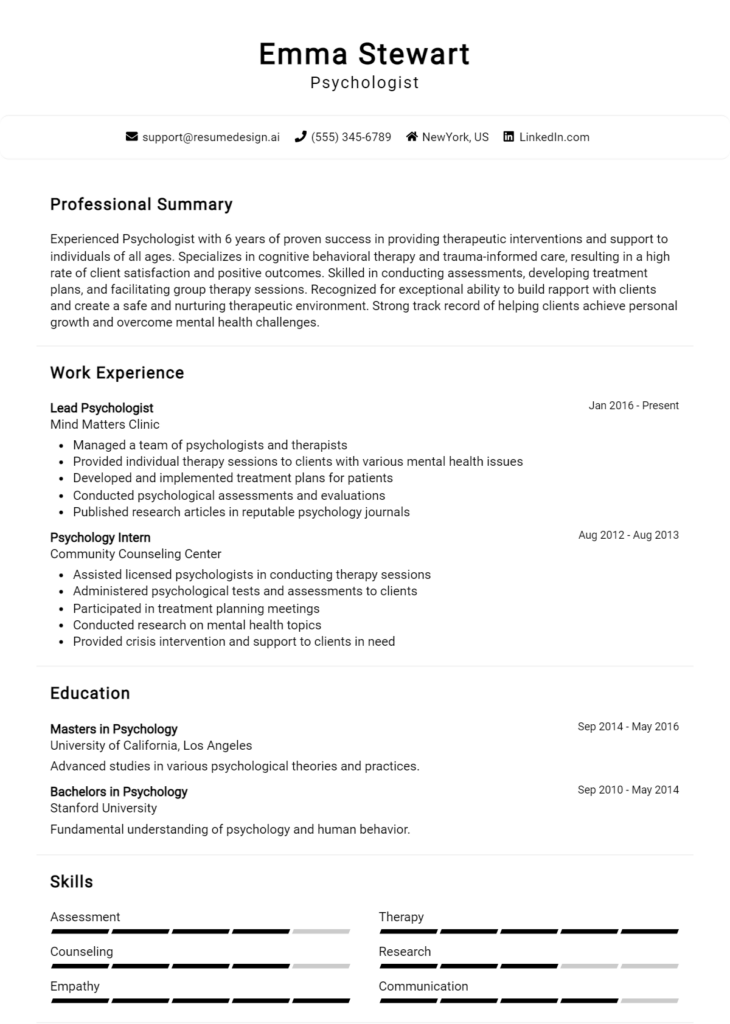Addiction Counselor Core Responsibilities
Addiction counselors play a crucial role in supporting individuals struggling with substance abuse by providing assessments, developing treatment plans, and facilitating therapeutic sessions. Their responsibilities require strong communication, empathy, and problem-solving skills, allowing them to bridge the gap between clients and various departments like healthcare, social services, and law enforcement. A well-structured resume highlighting these technical and operational abilities is essential for showcasing how they contribute to the organization's goals of recovery and community well-being.
Common Responsibilities Listed on Addiction Counselor Resume
- Conducting assessments to evaluate clients' needs and substance use history.
- Developing personalized treatment plans in collaboration with clients.
- Facilitating individual and group counseling sessions.
- Monitoring clients' progress and adjusting treatment plans as needed.
- Providing crisis intervention and support during emergencies.
- Educating clients and families about addiction and recovery processes.
- Coordinating with healthcare providers and community resources.
- Maintaining accurate and confidential client records.
- Conducting outreach and prevention programs in the community.
- Staying updated on current addiction treatment methods and regulations.
- Advocating for clients' needs within the healthcare and legal systems.
High-Level Resume Tips for Addiction Counselor Professionals
In the competitive field of addiction counseling, a well-crafted resume is essential for making a strong first impression on potential employers. Your resume serves as a powerful marketing tool that not only showcases your qualifications and experiences but also reflects your dedication to helping others overcome addiction. It needs to effectively communicate your skills, achievements, and passion for the profession, as hiring managers often rely on resumes to gauge a candidate's suitability for a role. This guide will provide practical and actionable resume tips specifically tailored for addiction counselor professionals, helping you stand out in this vital field.
Top Resume Tips for Addiction Counselor Professionals
- Tailor your resume to match the job description by using relevant keywords and phrases that reflect the specific requirements of the position.
- Highlight your relevant experience, including internships, volunteer work, and any clinical placements that demonstrate your practical knowledge in addiction counseling.
- Quantify your achievements by using metrics wherever possible, such as the number of clients served, success rates, or improvements in client outcomes.
- Include industry-specific skills such as crisis intervention, patient assessment, and therapeutic techniques to showcase your expertise.
- Utilize a clear and professional format that is easy to read, ensuring that your most important information stands out.
- Incorporate certifications and licenses pertinent to the addiction counseling field, such as CADC or LADC, to establish your qualifications.
- Showcase your soft skills like empathy, communication, and problem-solving, which are crucial in building rapport with clients.
- Utilize a summary statement at the top of your resume that encapsulates your experience and passion for addiction counseling.
- Keep your resume to one or two pages in length to ensure that it is concise and focused on the most relevant information.
By implementing these tips, you can significantly increase your chances of landing a job in the addiction counseling field. A well-structured resume that effectively highlights your skills, achievements, and dedication to helping others will resonate with employers and set you apart as a strong candidate in this rewarding profession.
Why Resume Headlines & Titles are Important for Addiction Counselor
In the competitive field of addiction counseling, a well-crafted resume headline or title is essential for making a strong first impression on hiring managers. A powerful headline can serve as a succinct summary of a candidate's qualifications, highlighting their unique skills and experiences in an impactful manner. By capturing attention immediately, a strong headline can set the tone for the rest of the resume, encouraging further reading. It should be concise, relevant, and directly related to the job being applied for, ensuring that the candidate stands out in a pool of applicants.
Best Practices for Crafting Resume Headlines for Addiction Counselor
- Keep it concise: Aim for a headline that is brief yet informative, ideally no more than 10-12 words.
- Be role-specific: Tailor the headline to reflect the specific position of addiction counselor you are applying for.
- Highlight your strengths: Incorporate key skills or accomplishments that are directly relevant to addiction counseling.
- Use action-oriented language: Choose verbs and adjectives that convey confidence and proactivity.
- Avoid jargon: Ensure the language is clear and accessible to all readers, avoiding overly technical terms.
- Include relevant certifications: If applicable, mention any notable certifications that strengthen your candidacy.
- Reflect your unique approach: Consider including your specific methodology or philosophy to distinguish yourself.
- Make it impactful: Use strong, positive language that demonstrates your passion and commitment to the field.
Example Resume Headlines for Addiction Counselor
Strong Resume Headlines
Compassionate Addiction Counselor with 5+ Years of Experience in Recovery Support
Certified Substance Abuse Counselor Specializing in Cognitive Behavioral Therapy
Dedicated Professional Committed to Transforming Lives Through Evidence-Based Practices
Experienced Addiction Specialist with Proven Track Record in Client Retention and Recovery
Weak Resume Headlines
Addiction Counselor Looking for a Job
Professional with Experience in Counseling
Seeking Position in Mental Health Field
The strong headlines are effective because they clearly communicate the candidate's qualifications and areas of expertise, making them memorable and relevant to hiring managers. They demonstrate a clear understanding of the addiction counseling role and the specific skills required, thereby enhancing the candidate's appeal. In contrast, the weak headlines fail to impress due to their vagueness and lack of specificity, leaving hiring managers with little information about the candidate's capabilities and diminishing their chances of standing out in a crowded job market.
Writing an Exceptional Addiction Counselor Resume Summary
A well-crafted resume summary is crucial for an Addiction Counselor as it serves as the first impression to hiring managers. In a competitive field where compassion, expertise, and results matter, a strong summary succinctly highlights key skills, relevant experience, and notable accomplishments tailored to the specific job being applied for. This concise yet impactful snapshot allows job seekers to quickly capture the attention of potential employers, setting the stage for a deeper exploration of their qualifications.
Best Practices for Writing a Addiction Counselor Resume Summary
- Keep it concise: Aim for 3-5 sentences that encapsulate your professional identity.
- Quantify achievements: Use specific numbers or outcomes to demonstrate your impact, such as the number of clients successfully treated.
- Focus on relevant skills: Highlight key competencies such as crisis intervention, behavioral therapy, and case management.
- Tailor to the job description: Align your summary with the requirements and responsibilities mentioned in the job posting.
- Showcase certifications: Include relevant certifications and training to establish your credibility in the field.
- Use action verbs: Start sentences with dynamic verbs to convey your proactive approach and effectiveness.
- Highlight soft skills: Emphasize interpersonal skills such as empathy, communication, and active listening, which are vital in counseling roles.
- Maintain professionalism: Ensure your tone is professional and reflects your understanding of the sensitive nature of addiction counseling.
Example Addiction Counselor Resume Summaries
Strong Resume Summaries
Compassionate Addiction Counselor with over 5 years of experience in providing comprehensive treatment to diverse populations. Successfully facilitated recovery programs for over 150 clients, achieving a 75% success rate in long-term sobriety.
Dedicated and certified Addiction Counselor adept at conducting assessments and developing tailored treatment plans. Proven track record of reducing relapse rates by 40% through effective group therapy sessions and individualized support.
Results-oriented professional with a Master's in Counseling and expertise in cognitive-behavioral therapy. Managed a caseload of 30 clients, providing crisis intervention and support, leading to a 90% client satisfaction rate.
Weak Resume Summaries
Experienced Addiction Counselor looking for a job where I can help people with addiction problems.
I have worked in various settings and have some skills in counseling. I want to use my experience in addiction services.
The strong resume summaries effectively highlight quantifiable results, relevant skills, and specific experiences that directly relate to the role of an Addiction Counselor. They present clear, impactful statements that demonstrate the candidate's qualifications and contributions. In contrast, the weak summaries lack specificity and measurable achievements, making them too vague and generic to capture the attention of hiring managers. They fail to convey the unique value the candidate could bring to the position.
Work Experience Section for Addiction Counselor Resume
The work experience section of an Addiction Counselor resume is critical as it serves as a key indicator of the candidate's qualifications and capabilities. This section not only showcases the technical skills and knowledge gained through previous roles but also highlights the ability to manage teams effectively and deliver high-quality outcomes in challenging environments. By quantifying achievements and aligning experiences with industry standards, candidates can provide compelling evidence of their impact in the field of addiction counseling.
Best Practices for Addiction Counselor Work Experience
- Use specific metrics to quantify achievements, such as percentage improvements in client retention or recovery rates.
- Highlight technical skills relevant to addiction counseling, including assessment techniques, treatment modalities, and crisis intervention methods.
- Showcase collaborative efforts, such as working with multidisciplinary teams or community organizations to enhance client support.
- Detail leadership experiences, including training or mentoring junior counselors and leading group therapy sessions.
- Align experience descriptions with industry standards and common competencies expected in addiction counseling.
- Incorporate action verbs to convey a sense of proactivity and impact in previous roles.
- Focus on client-centered outcomes and improvements in treatment plans based on evidence-based practices.
- Avoid jargon and ensure that descriptions are clear and accessible to all potential employers.
Example Work Experiences for Addiction Counselor
Strong Experiences
- Facilitated a comprehensive addiction recovery program that resulted in a 30% increase in successful client completions over two years.
- Led a team of five counselors in developing and implementing a new evidence-based treatment protocol, improving client satisfaction scores by 25%.
- Collaborated with local health services to create outreach programs that reached over 500 individuals, resulting in a 15% increase in referrals to treatment.
- Provided specialized training workshops for staff on trauma-informed care, which enhanced team effectiveness and reduced client dropout rates by 20%.
Weak Experiences
- Worked with clients to help them with their issues.
- Participated in team meetings and contributed ideas.
- Assisted in the development of treatment plans.
- Helped clients with various challenges they faced during treatment.
The examples listed as strong experiences are considered effective because they provide specific, quantifiable outcomes that demonstrate the candidate's impact and technical expertise in addiction counseling. These entries highlight leadership and collaboration, showcasing a proactive approach to client care. In contrast, the weak experiences lack detail and measurable achievements, making them vague and unimpressive, failing to convey the candidate's true capabilities or contributions to the field.
Education and Certifications Section for Addiction Counselor Resume
The education and certifications section of an Addiction Counselor resume is pivotal in establishing a candidate’s academic foundation and professional qualifications. This section not only showcases the relevant degrees and certifications earned but also reflects the candidate’s commitment to continuous learning and professional development in the field of addiction counseling. By outlining pertinent coursework, specialized training, and recognized certifications, candidates can significantly enhance their credibility and demonstrate their alignment with the job requirements, making them more appealing to potential employers.
Best Practices for Addiction Counselor Education and Certifications
- Include degrees from accredited institutions relevant to counseling or psychology.
- Highlight industry-recognized certifications such as Certified Alcohol and Drug Counselor (CADC) or National Certified Counselor (NCC).
- List any specialized training programs related to addiction treatment methodologies.
- Provide specific coursework that directly pertains to addiction counseling, such as Substance Abuse Counseling or Group Therapy Techniques.
- Detail any continuing education units (CEUs) completed to stay current with industry standards.
- Ensure that all entries are up to date, reflecting the most current qualifications and certifications.
- Emphasize any leadership roles or special projects completed during educational experiences.
- Use a clear and organized format to enhance readability and accessibility of the information.
Example Education and Certifications for Addiction Counselor
Strong Examples
- M.S. in Clinical Mental Health Counseling, University of XYZ, 2020
- Certified Alcohol and Drug Counselor (CADC), 2021
- Completed coursework in Substance Abuse Counseling and Crisis Intervention Strategies
- Training in Motivational Interviewing Techniques, 2022
Weak Examples
- Bachelor's Degree in Business Administration, University of ABC, 2015
- Certification in Life Coaching, 2018 (not relevant to addiction counseling)
- Outdated CPR Certification, 2016
- General Psychology Course, taken online in 2019 (lacks depth and focus on addiction)
The examples provided are considered strong because they align directly with the qualifications required for an Addiction Counselor role, showcasing relevant degrees, certifications, and specialized training. In contrast, the weak examples are deemed ineffective as they either lack relevance to addiction counseling or reflect outdated or unrelated qualifications, which do not contribute to the candidate’s credibility in this specific field.
Top Skills & Keywords for Addiction Counselor Resume
As an Addiction Counselor, possessing the right skills is paramount to effectively support individuals on their journey to recovery. A well-crafted resume that highlights both hard and soft skills can significantly enhance your chances of landing a position in this rewarding field. Employers look for candidates who not only have the technical knowledge necessary for the role but also the interpersonal skills that foster trust and rapport with clients. By showcasing your skills on your resume, you demonstrate your readiness to tackle the complexities of addiction treatment and your commitment to helping others achieve lasting change.
Top Hard & Soft Skills for Addiction Counselor
Soft Skills
- Empathy
- Active Listening
- Communication Skills
- Conflict Resolution
- Patience
- Problem-Solving
- Teamwork
- Cultural Competence
- Adaptability
- Motivational Skills
Hard Skills
- Knowledge of Substance Abuse Disorders
- Crisis Intervention Techniques
- Case Management
- Familiarity with Treatment Modalities
- Assessment and Diagnostic Skills
- Knowledge of Mental Health Disorders
- Record Keeping and Documentation
- Understanding of Legal and Ethical Issues
- Familiarity with Community Resources
- CPR and First Aid Certification
Equipping yourself with these essential skills and effectively showcasing your work experience will set you on the path to becoming a successful Addiction Counselor.
Stand Out with a Winning Addiction Counselor Cover Letter
Dear [Hiring Manager's Name],
I am writing to express my interest in the Addiction Counselor position at [Company/Organization Name], as advertised on [where you found the job listing]. With a robust background in counseling and a deep commitment to helping individuals overcome substance use disorders, I am excited about the opportunity to contribute my skills and passion to your esteemed team. I hold a [your degree] in [your field] and am a certified addiction counselor with [number] years of experience in both individual and group therapy settings.
In my previous role at [Previous Company/Organization Name], I developed and implemented personalized treatment plans that addressed the unique needs of each client. I utilized evidence-based therapeutic techniques, including Cognitive Behavioral Therapy (CBT) and Motivational Interviewing, to foster a supportive and non-judgmental environment. My ability to build strong rapport with clients has consistently resulted in positive outcomes, and I take pride in my capacity to inspire hope and resilience in those I serve.
I am particularly drawn to [Company/Organization Name] because of your commitment to holistic treatment approaches and community support initiatives. I share your belief in empowering clients not only through therapy but also by connecting them with resources that promote recovery and reintegration into society. I am eager to bring my expertise in relapse prevention and life skills training to your team, contributing to the comprehensive care that sets [Company/Organization Name] apart.
Thank you for considering my application. I am looking forward to the possibility of discussing how my background, skills, and enthusiasms align with the goals of your organization. I am excited about the potential to work collaboratively to make a meaningful difference in the lives of individuals struggling with addiction.
Sincerely,
[Your Name]
[Your Contact Information]
Common Mistakes to Avoid in a Addiction Counselor Resume
When crafting a resume for an addiction counselor position, it's essential to present your qualifications and experience in the best light. However, many candidates make common mistakes that can hinder their chances of landing an interview. Avoiding these pitfalls can significantly enhance your resume's effectiveness and appeal to potential employers in the mental health field.
Neglecting Relevant Certifications: Failing to prominently display certifications, such as Licensed Alcohol and Drug Counselor (LADC) or Certified Addiction Counselor (CAC), can lead employers to overlook your qualifications.
Using Vague Language: General statements like "helped clients" lack specificity. Instead, use concrete examples and quantify your achievements to demonstrate your impact.
Poor Formatting: A cluttered or overly complex layout can make your resume difficult to read. Stick to a clean, professional format with consistent fonts and bullet points for clarity.
Omitting Soft Skills: While technical skills are important, addiction counseling also requires strong interpersonal skills. Failing to highlight abilities like empathy, communication, and active listening can weaken your application.
Ignoring Job Descriptions: Not tailoring your resume to match the specific job description can make it seem generic. Use keywords and phrases from the posting to show that you’re a good fit.
Listing Irrelevant Experience: Including unrelated work experience can distract from your qualifications. Focus on roles that demonstrate your skills in counseling or mental health.
Lack of Professional Summary: Skipping a summary section can rob your resume of a strong opening statement. A concise overview of your experience and goals can grab the hiring manager's attention.
Not Proofreading: Typos and grammatical errors can project a lack of attention to detail. Always proofread your resume multiple times or have someone else review it to ensure it’s polished and professional.
Conclusion
As an Addiction Counselor, you play a vital role in helping individuals navigate their recovery journeys. Throughout this article, we explored the essential skills and qualifications necessary for success in this rewarding profession. Key points include the importance of empathy, active listening, and a deep understanding of various addiction treatments. We also discussed the significance of obtaining relevant certifications and continuing education to stay updated with the latest methodologies in addiction treatment.
In conclusion, if you're looking to advance your career or even secure your first position as an Addiction Counselor, it's crucial to have a polished and professional resume that highlights your unique qualifications and experiences. We encourage you to take the time to review your Addiction Counselor Resume critically.
To assist you in this process, consider utilizing available resources such as resume templates, which can provide a strong foundation for your resume layout. Additionally, try using our resume builder to create a customized resume that showcases your skills effectively. For inspiration, explore our resume examples that illustrate how successful Addiction Counselors present their qualifications. Lastly, don’t forget the importance of a compelling cover letter; check out our cover letter templates to help you craft a persuasive introduction to your application.
Take action today—refine your resume and increase your chances of making a meaningful impact in the lives of those struggling with addiction. Your next opportunity is just around the corner!

